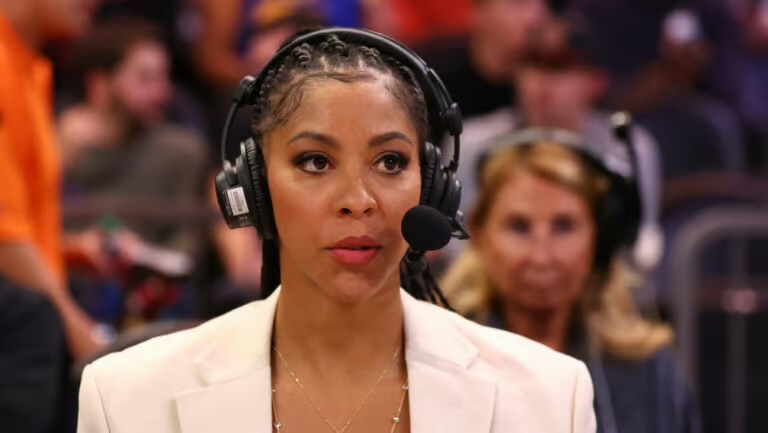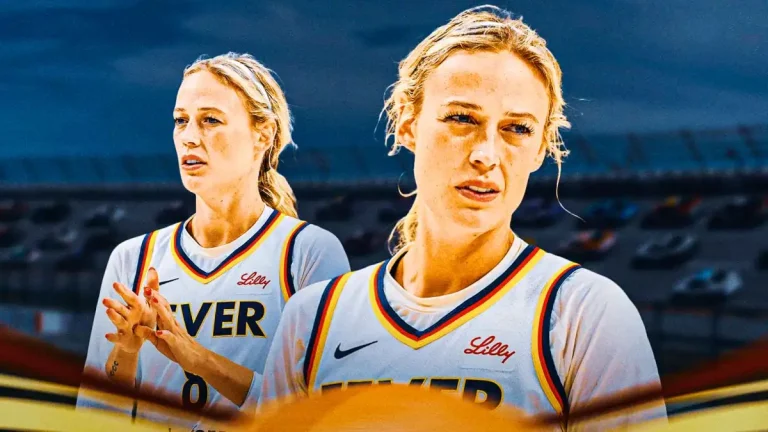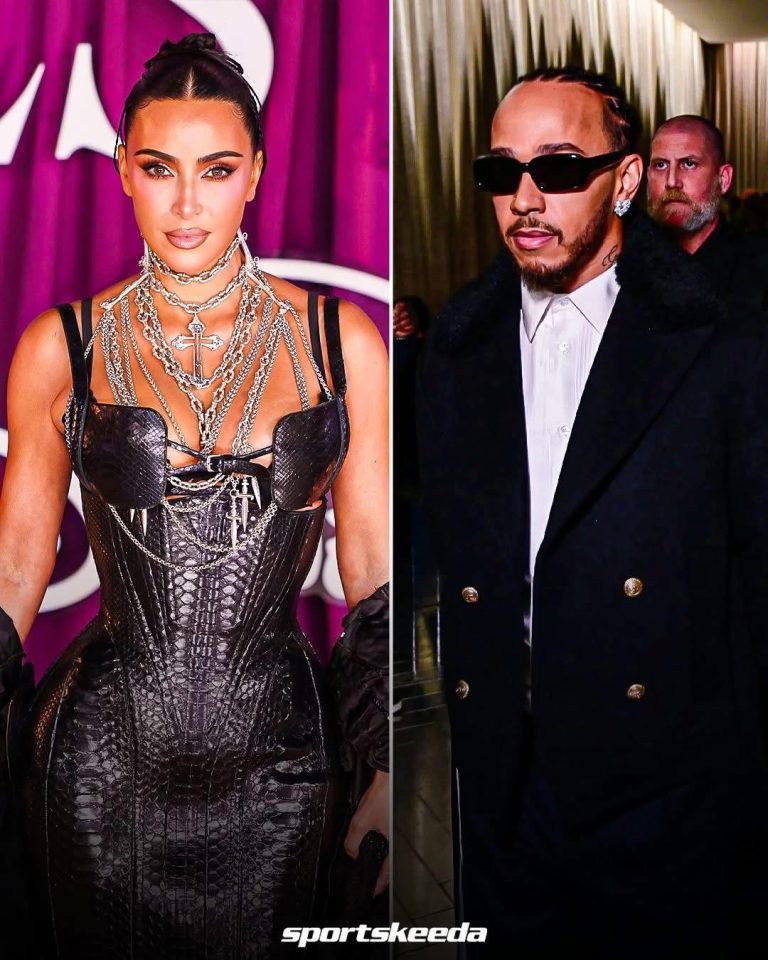
Candace Parker has publicly supported Napheesa Collier following the Minnesota Lynx star’s bold criticism of WNBA leadership and commissioner Cathy Engelbert. Collier, known for her role as both a player and WNBPA Vice President, didn’t hold back during her exit interview after the Lynx’s semifinal loss. She voiced frustration over how the league manages player relations and its long-term growth strategy, suggesting that leadership often overlooks the athletes’ perspectives.
Collier specifically called out commissioner Engelbert, claiming she dismissed players’ concerns by emphasizing that stars like herself, Caitlin Clark, and Angel Reese owe their earnings to the league’s platform. The exchange highlighted a growing tension between the WNBA’s players and its front office, especially as the collective bargaining agreement (CBA) negotiations heat up. Collier’s candid comments struck a chord across the basketball community, sparking debate about the league’s direction and treatment of its top talent.
In response, the WNBA issued a formal statement promising to “ensure a bright future for the players,” while the players’ union swiftly rallied behind Collier. The WNBPA stressed that its members are not only advocating for better pay and conditions but also protecting “the legacy and the future of women’s basketball.” The show of solidarity underscored a widening divide between players who want more influence and a league office that insists it is already doing enough.
Candace Parker, one of the most respected voices in the game, weighed in by emphasizing the importance of genuine leadership. Speaking to Boardroom on the set of NBA on Prime, Parker argued that leadership goes beyond issuing directives—it’s about connection and understanding. “There are some leagues that have gotten it right,” she said, hinting that the WNBA needs to refocus on valuing its players as people first.
Drawing a comparison to the NBA, Parker noted how that league has empowered its stars to speak freely, earn fairly, and have a say in league matters. She implied that the WNBA could learn from that model by giving players a stronger voice in decisions affecting their careers. As CBA talks continue, Parker’s remarks amplify Collier’s message: for the WNBA to truly thrive, it must prioritize its players—not just as athletes, but as partners shaping the sport’s future.






